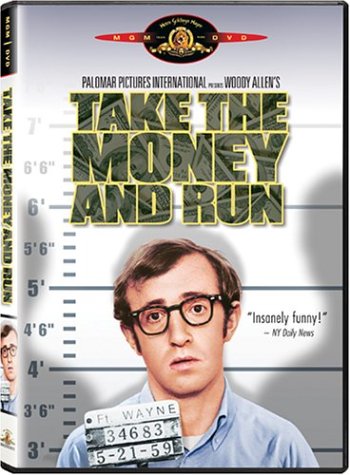Innovation Corruption - Why Our Government Isn't Working
/ For those of you who follow my writing, you know of my admiration for Professor Lawrence Lessig. He is one of the most relevant thinkers of our time. His recent speech “Innovation Corruption” was delivered May 20th at the Yahoo! campus in Santa Clara, CA (video below). The message was clear: government and business are corrupted by money. This corruption blocks innovation because regulation is designed not for everyone's good but to maximize money paid to Congress. The system Lessig referrs to is the “economy of influence.” Our government is completely corrupted, that it is why it doesn't work and people better wake up and pay attention.
For those of you who follow my writing, you know of my admiration for Professor Lawrence Lessig. He is one of the most relevant thinkers of our time. His recent speech “Innovation Corruption” was delivered May 20th at the Yahoo! campus in Santa Clara, CA (video below). The message was clear: government and business are corrupted by money. This corruption blocks innovation because regulation is designed not for everyone's good but to maximize money paid to Congress. The system Lessig referrs to is the “economy of influence.” Our government is completely corrupted, that it is why it doesn't work and people better wake up and pay attention.
From the Obama presidency, to the food business, to the broadband deployment problem in the U.S. and EU, Lessig cites examples of money's influence from a number of sources. His plea to the audience was to do something: the public is very much a part of the problem when clearly there are corruptive patterns that no one does anything about.
Did you know almost half of all senator and house members become lobbyist when they retire or lose their office ? This is just the beginning. Watch to learn more about just how corrupt the system is.
When you think of what Lessig is saying about institutional corruption the British Petroleum disaster comes to mind. Read this excerpt from Bob Hebert's May 28, 2010 Op-ed in the NYT's "An Unnatural Disaster" :
The oil companies and other giant corporations have a stranglehold on American policies and behavior, and are choking off the prospects of a viable social and economic future for working people and their families.
President Obama spoke critically a couple of weeks ago about the “cozy relationship” between the oil companies and the federal government. It’s not just a cozy relationship. It’s an unholy alliance. And that alliance includes not just the oil companies but the entire spectrum of giant corporations that have used vast wealth to turn democratically elected officials into handmaidens, thus undermining not just the day-to-day interests of the people but the very essence of democracy itself.
Bob is right, but as Lessig points out, its up to us to do something about it.









